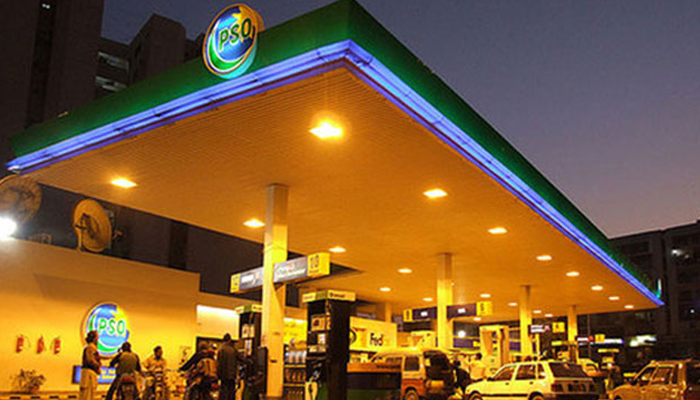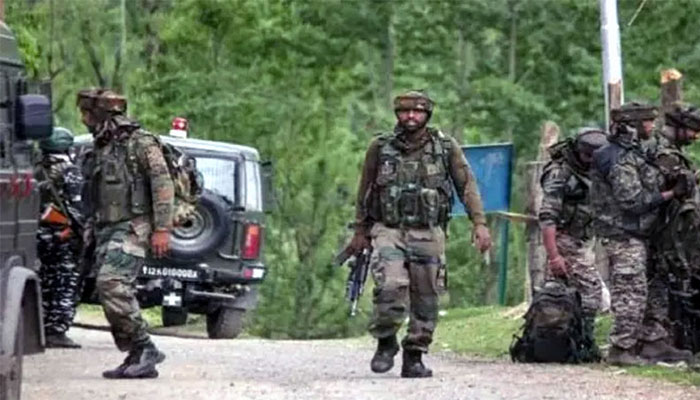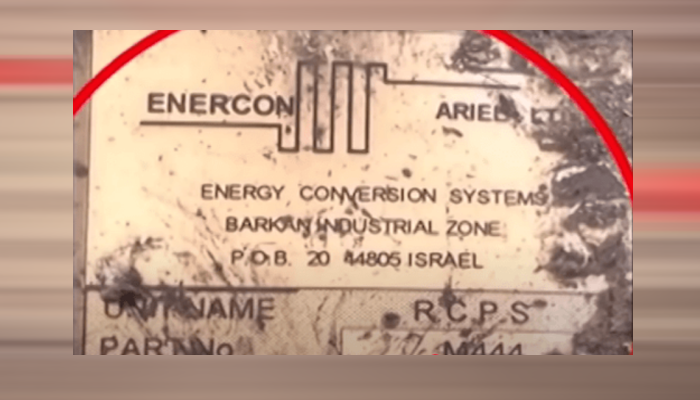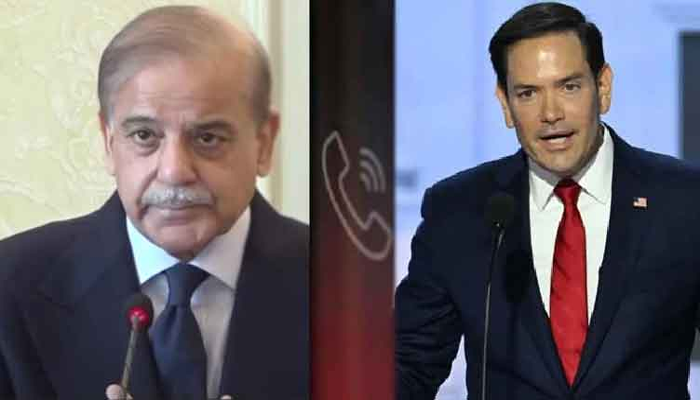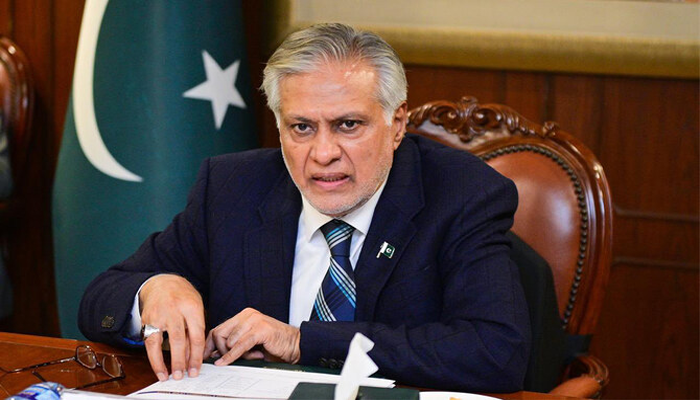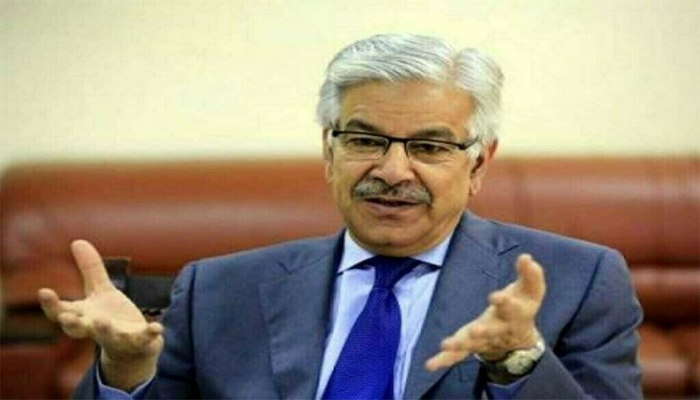The caretaker government has increased the price of petroleum products by Rs18.44 per liter, ignoring the public's anger over the rising cost of living and inflated power bills. This decision has sparked protests across the country, with people burning electricity bills and blocking roads. The increase in petrol prices is likely to further fuel unrest, as more protests are planned in the coming days.
The announcement of the price hike came on a day when the Pakistan Stock Exchange (PSX) shares plummeted by over 1,700 points due to rumors of impending interest rate hikes, economic instability, and the depreciation of the rupee. The rupee hit an all-time low of Rs305.55 against the US dollar, depreciating by Rs1.50.
In short, the caretaker government's decision to increase the price of petroleum products has come at a time when the Pakistani economy is already facing a number of challenges. The move is likely to further worsen the situation and could lead to more protests and instability.
Here are some additional details that can be included in the paraphrased version:
- The increase in petrol prices is expected to push up the cost of transportation, food, and other essential commodities.
- This will further strain the budgets of ordinary people, who are already struggling to make ends meet.
- The government has said that the increase in petrol prices is necessary to meet the conditions of the IMF bailout package.
- However, critics have argued that the government could have taken other measures to reduce the budget deficit, such as cutting wasteful spending.
- The increase in petrol prices is likely to have a negative impact on the economy, as it will discourage investment and lead to slower economic growth.

